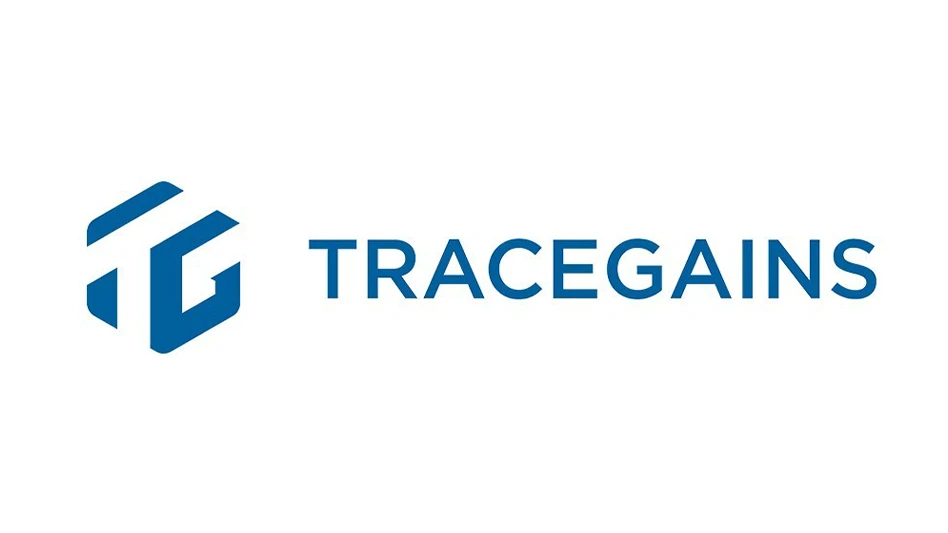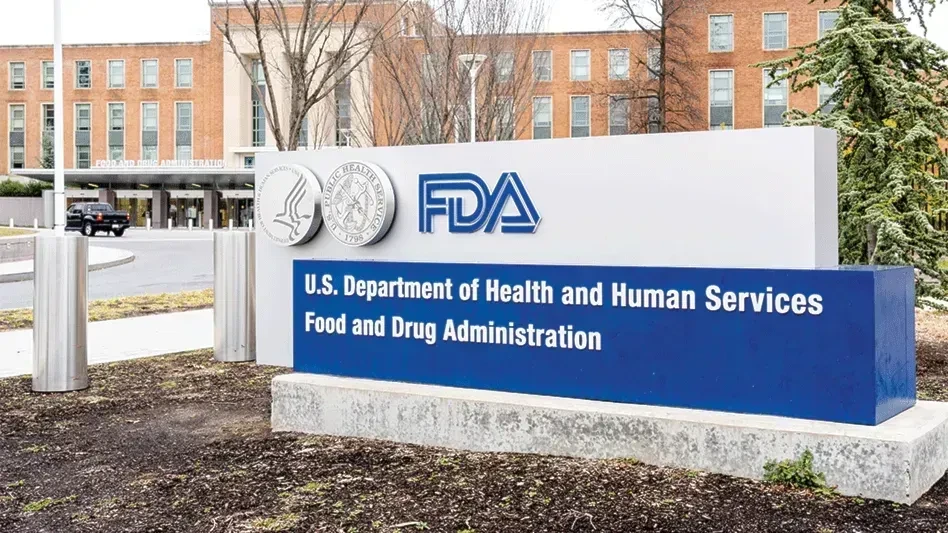
WESTMINSTER, Colo. — TraceGains, a networked ingredients marketplace for the food and beverage industry, released a new report highlighting the disconnect between well-meaning CPGs and their ability to deliver ESG-compliant products in the context of an increasingly complex global supply chain. Based on responses from 343 food safety and quality professionals, the "State of ESG Compliance for the Food and Beverage Industry Report" report cited loose guidelines for choosing ingredient suppliers, higher ingredient prices and a lack of automation and technology to ensure compliance as roadblocks.
Good News: Commitment to Sustainability
- 64% of brands acknowledge the importance of being ESG-compliant.
- Nearly half (46%) prioritize doing business with ESG-compliant ingredient suppliers.
- Key drivers for being more ESG-focused included a combination of evolving regulatory landscapes (32%), consumer demand (27%), and competitive pressures (18%).
- Half (50%) of all respondents said they'd be willing to stop production on a product altogether if it could not be produced in accordance with ESG objectives.
Bad News: Challenges Sourcing ESG Ingredient Suppliers
Brands have a strong desire to build ingredient supply chains that align with ESG goals, but general market confusion over sustainable food labeling and the lack of formal guidelines to validate ESG partners create barriers to success.
- 41% feel they are falling short of achieving full ESG compliance.
- Nearly half (42%) rely on informal methods to select ingredient suppliers like word-of-mouth conversations (23%) or relying solely on suppliers' claims (35%).
- Only 16% of brands use a formal, technology-assisted selection process for validating ESG partners.
- 55% demand more transparency into ingredient supply chains, with nearly half (49%) wanting visibility into Tier-2 and Tier-3 suppliers.
The Future: Navigating the Path to Sustainability
Regardless of the challenges, food and beverage brands are intent on becoming more ESG-compliant with some emerging brands committed to sacrificing a profit to do so.
- 42% plan to increase their usage of ESG-compliant ingredients within the next six to 12 months.
- One-third (35%) are willing to pay up to 10% more for ESG-compliant ingredients and 32% would pay up to 20% more.
Latest from Quality Assurance & Food Safety
- New Study Examines Kaempferol's Role in Taming Allergic Responses
- Will Bird Flu Be the End of Holiday Traditions Like Eggnog?
- FDA Cuts AFDO SAFHER Funding
- FSQAs Share Their Best Food Safety Tips for Santa
- 12 TAG Food Safety Consultants Named FSPCA PCHF Version 2 Lead Instructors
- FSIS Announces Stronger Measures to Protect Public from Listeria
- Eagle Product Inspection to Showcase X-ray Technology at IPPE 2025 Trade Show
- Dr. Al Baroudi: 'Food Safety Is Not Negotiable'





